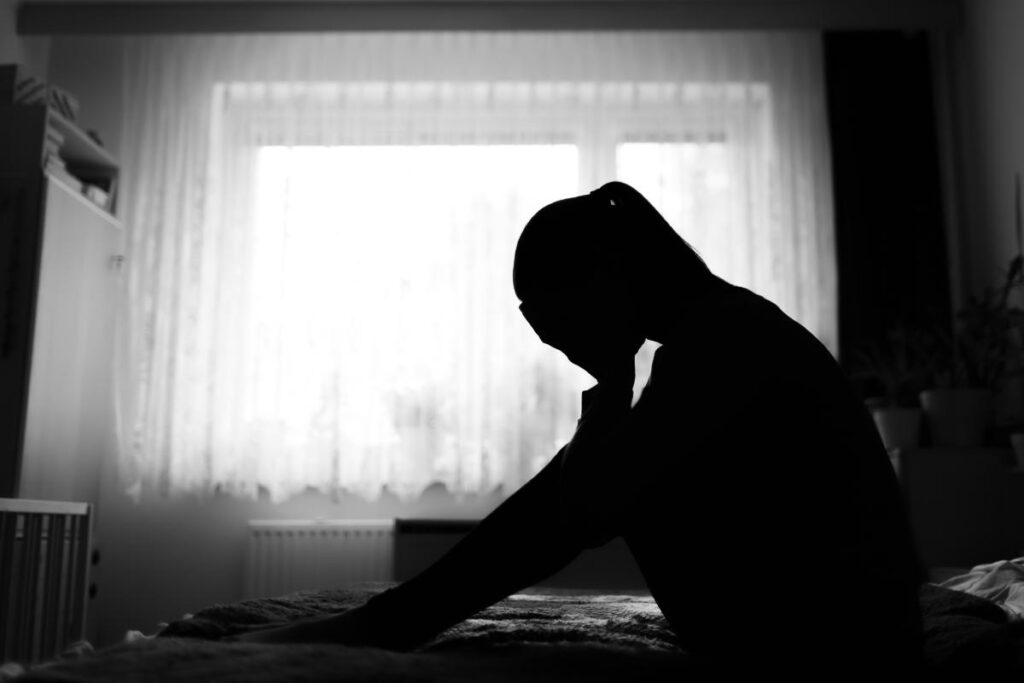Substance abuse and mental health issues are closely linked. And if you have one of these conditions, you are at a higher risk of developing the other. More than one-third of people with addiction also have a mental illness. That does not mean everyone addicted to drugs or alcohol has a co-occurring mental health issue. But it does mean that if someone you love is abusing substances or struggling with a psychological disorder, they may be dealing with both conditions at once.
If you or a loved one is having a difficult time with addiction and mental health issues, Washburn House’s dual diagnosis treatment center can help you overcome these challenges simultaneously. Fill out our online form today, and one of our friendly staff members will reach out to discuss your treatment options.
How Do Mental Health and Addiction Go Together?
Mental health and addiction have a close relationship. This is because:
- Mental health issues can cause you to self-medicate with drugs or alcohol.
- Substance abuse can make existing mental health problems worse.
- Substance abuse can trigger mental health disorders.
It can sometimes be tricky to know which came first because many people have undiagnosed mental health issues that they are unaware of. They may start drinking without realizing they are using alcohol to alleviate their anxiety or using cocaine to counteract depression symptoms. Regardless of which problem came first, they need to be treated together for the best outcome.
How Can You Treat Substance Abuse and Mental Health Together?
If you are dealing with substance abuse and mental illness, there are many treatment options available to you. The type of treatment you require will depend on the severity of your substance abuse. Some people benefit from seeing a doctor specializing in addiction or mental health issues. Others find that talking to their primary care provider about their problems helps them get the help they need.
The best way to heal from mental health and addiction is with dual diagnosis treatment. This refers to treating both conditions at the same time. Finding an addiction treatment center that offers a dual diagnosis program can ensure that your addiction issues and mental health struggles are both considered in your treatment plan. When you enroll in a dual diagnosis program, your care team will communicate with one another, so everyone is on the same page. Your therapists and physicians will discuss your symptoms and determine which medications and therapies are best suited for your specific situation.
How Does Dual Diagnosis Treatment Work?
A dual diagnosis program combines addiction treatment and mental health treatment. Some of the core components of a dual diagnosis program are:
- Medication – This can be used to treat mental health conditions like bipolar disorder, depression, and anxiety. It can also be used to minimize withdrawal symptoms from alcohol or certain drugs. Some people may even be prescribed medications to decrease cravings or deter them from drinking by producing uncomfortable symptoms if they consume alcohol.
- Psychotherapy – There are many different types of therapies, but the ones most commonly used for addiction and mental health treatment are cognitive-behavioral therapy (CBT) and dialectical behavior therapy (DBT). These therapies address destructive or distorted thought patterns to improve how you think, feel, and act.
- Holistic therapy – Stress is often at the root of addiction and mental health struggles. Learning how to manage it with holistic therapies like yoga, meditation, and breathing exercises can support your recovery.
Some dual diagnosis programs may also include complementary therapies such as nutrition, art, or music therapy, all of which can contribute to the healing process.
Get Help for Addiction and Mental Health at Promises Washburn House
If anxious or depressed feelings have led you to use drugs or alcohol to cope, you may have co-occurring disorders. Schedule an assessment at Washburn House by calling 855.298.3104 or completing our online form, so you can get a proper diagnosis and treatment plan.

